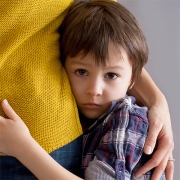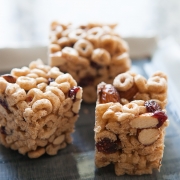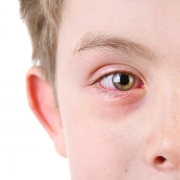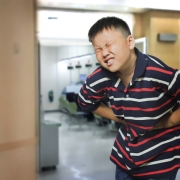


Article at a glance:

Article at a glance:

Article at a Glance

Article at a Glance

Article at a Glance

Article at-a-glance

Antibiotics only work on bacterial infections. Most sore throats are caused by viral infections like colds or the flu. In these cases, antibiotics don’t work and can actually make you sick longer. Taking antibiotics for a viral infection won’t cure your sore throat, keep others from catching it, or help you feel better. In these … Continue reading “When a sore throat doesn’t need antibiotics”

Article at a Glance The American Academy of Pediatrics recommends that you talk to your child about the dangers of drinking as early as 9 years old. Help your children understand the dangers of drinking and teach them “media literacy” techniques. Because teens and children are smaller than adults, it takes fewer drinks for them … Continue reading “Talk to your child about drinking as early as 9 years old”